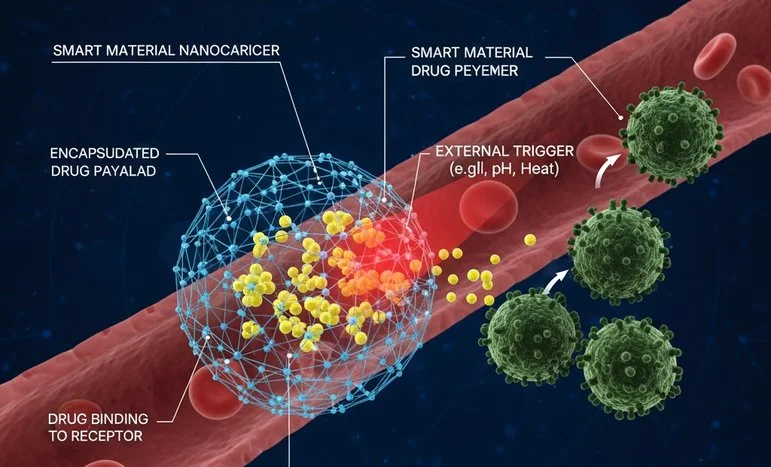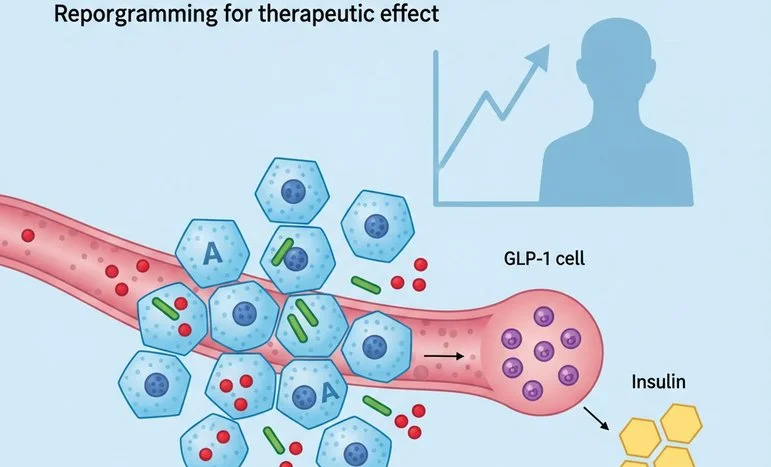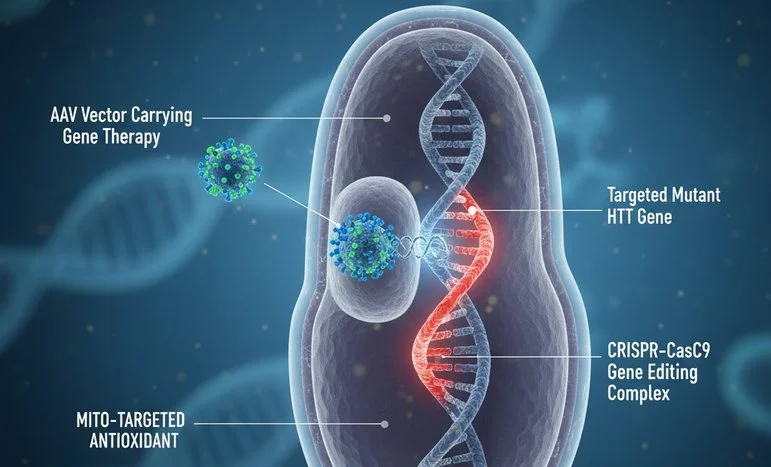
Cambridge Scientists Develop Smart Material for Targeted Drug Delivery
Cambridge Scientists Develop Smart Material for Precision Drug Delivery
Researchers at Cambridge University have created a novel smart material capable of sensing chemical changes in the human body and releasing drugs only when required. This breakthrough represents a significant step forward in personalized medicine, especially for conditions like arthritis, where flare-ups can be unpredictable and require targeted intervention.
How the Smart Material Works
The smart material is engineered to respond to specific chemical signals, such as changes in acidity, inflammation markers, or enzyme activity. Its core features include:
- Chemical Sensitivity: Detects fluctuations in biomarkers like pH changes associated with arthritis flares.
- Controlled Drug Release: Delivers the therapeutic agent precisely when the biomarker threshold is reached.
- Biocompatibility: Designed to interact safely with human tissues without eliciting adverse immune reactions.
This precision ensures that medications are released only when needed, reducing side effects and improving treatment efficacy.
Applications in Arthritis Management
Arthritis patients often experience periodic flares that require immediate intervention. Traditional drug administration can result in overmedication or delayed treatment, leading to pain and joint damage. With this smart material:
- Anti-inflammatory drugs can be released exactly during flare-ups, minimizing systemic exposure.
- Long-term medication dosing frequency may be reduced, improving patient compliance.
- The approach allows for dynamic treatment, adapting in real-time to the patient’s condition.
Clinical simulations in laboratory settings have shown promising results in rapid and targeted drug deployment, highlighting the material’s potential for patient-specific therapies.
Broader Implications for Personalized Medicine
The Cambridge invention is not limited to arthritis; it has the potential to revolutionize treatment across various diseases, including:
- Cancer: Targeted chemotherapy release triggered by tumor-specific biomarkers.
- Diabetes: Insulin release in response to glucose fluctuations.
- Infections: Antibiotics deployed in response to local infection markers, reducing resistance.
By integrating chemical sensing with controlled delivery, healthcare providers could achieve a new level of precision in therapy, tailored to individual patient needs.
Technical Development and Challenges
The development of this smart material involved:
- Nanostructure engineering: Designing responsive networks capable of encapsulating drugs.
- Biochemical tuning: Ensuring sensitivity to relevant biomarkers without cross-reactivity.
- Stability testing: Maintaining functional integrity under physiological conditions for extended periods.
Challenges that remain include scaling production, ensuring long-term safety, and integrating the material into wearable or implantable medical devices for real-world applications.
Future Directions
Researchers plan to:
- Conduct preclinical trials in animal models to assess efficacy and safety.
- Explore integration with wearable sensors to monitor patient health in real time.
- Expand the range of detectable biomarkers, increasing the versatility of the material.
- Develop regulatory pathways for clinical adoption in human therapies.
This technology could ultimately lead to smarter, responsive treatment systems that anticipate patient needs rather than react to symptoms alone.
Key Takeaway
The smart material developed at Cambridge marks a transformative advance in precision medicine, enabling on-demand drug delivery in response to real-time chemical signals. Its applications extend beyond arthritis, promising a future where treatment is highly targeted, efficient, and patient-specific, significantly improving healthcare outcomes and quality of life.
We appreciate that not everyone can afford to pay for Views right now. That’s why we choose to keep our journalism open for everyone. If this is you, please continue to read for free.
But if you can, can we count on your support at this perilous time? Here are three good reasons to make the choice to fund us today.
1. Our quality, investigative journalism is a scrutinising force.
2. We are independent and have no billionaire owner controlling what we do, so your money directly powers our reporting.
3. It doesn’t cost much, and takes less time than it took to read this message.
Choose to support open, independent journalism on a monthly basis. Thank you.



















